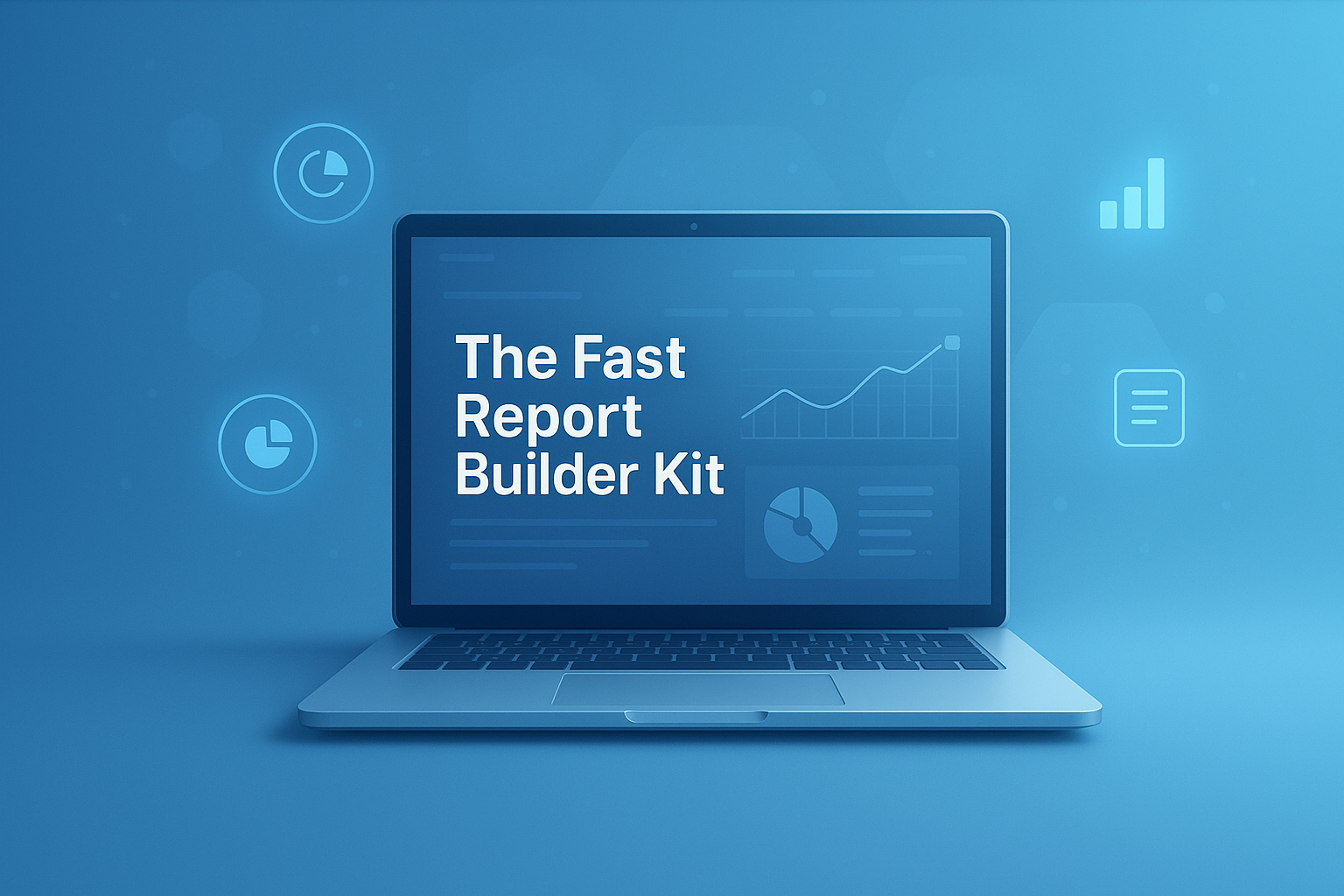Unlocking Success: How Strategic Marketing Online Education Programs Transform Learner Engagement and Drive Lasting Impact
Introduction
In my experience with marketing online education programs, I’ve discovered that effective marketing strategies are essential to engaging learners and creating lasting impact. When I first started exploring this field, I realized that simply offering quality content isn’t enough; how we promote and position these programs can make all the difference.
Over the years, I’ve been researching how strategic marketing can transform online education, especially in the context of marketing online education programs. I want to share what I’ve learned about the best practices to attract, engage, and retain learners through thoughtful marketing efforts. My goal is to provide insights that help educators and program creators unlock greater success.
The Power of Strategic Marketing in Online Education
Understanding the importance of strategic marketing in marketing online education programs has been a game-changer for me. From what I’ve learned, well-crafted marketing not only increases enrollment but also builds a community of motivated learners. When I look at successful programs, I see clear evidence that strategic marketing directly correlates to engagement and impact.
Understanding Your Audience
In my experience, the first step in creating impactful marketing online education programs is knowing your target audience inside and out. I’ve found that developing learner personas helps me tailor messaging that resonates. When I invested time in understanding their needs, challenges, and goals, I saw a significant boost in engagement. This approach ensures that marketing efforts are relevant and compelling.
I recommend conducting surveys, analyzing competitor programs, and engaging in social listening to gather insights. This process allows me to customize my marketing strategies, making them more effective in attracting the right learners. I believe that understanding your audience is the foundation of successful marketing online education programs.
Creating Compelling Value Propositions
From what I’ve learned, clearly articulating the unique value of your marketing online education programs is crucial. I’ve discovered that learners respond best when they see tangible benefits—whether it’s career advancement, skill acquisition, or personal growth. I recommend crafting messages that highlight these benefits and demonstrate real-world applications.
In my experience, effective marketing emphasizes storytelling—sharing success stories and testimonials that showcase impact. This strategy not only builds trust but also encourages enrollment by illustrating the program’s relevance. I believe that a strong value proposition is what transforms interest into commitment in marketing online education programs.
Designing Effective Marketing Online Education Programs
Designing marketing online education programs that truly resonate requires intentional planning and execution. Over the years, I’ve found that integrating strategic marketing from the outset helps ensure long-term success. Let me share some insights that have helped me craft compelling campaigns.
Developing Multi-Channel Campaigns
In my experience, utilizing multiple digital channels is essential for broad reach and engagement. I’ve experimented with social media, email marketing, content marketing, and paid ads—all tailored to target audiences. I recommend creating a cohesive message that adapts to each platform’s strengths. For example, short, engaging videos work well on social media, while detailed blog posts can inform and persuade through content marketing.
I’ve found that consistent branding and messaging across channels reinforce the program’s value and increase recognition. When I align my marketing efforts across platforms, I see higher engagement rates and more conversions. I believe that mastering multi-channel marketing is vital for marketing online education programs.
Utilizing Data-Driven Strategies
From my research, data analytics are invaluable for refining marketing online education programs. I’ve discovered that tracking metrics like click-through rates, conversion rates, and learner feedback helps me understand what’s working and what needs adjustment. I recommend setting clear KPIs and regularly analyzing your marketing campaigns to optimize performance.
In my experience, A/B testing different messages, visuals, and calls-to-action provides insights that boost engagement. I believe that a data-driven approach makes my marketing more targeted and effective, ensuring that I’m reaching the right learners with the right message. This ongoing optimization is key to transforming learners’ experiences and impact.
Leveraging Digital Tools to Enhance Engagement
In my journey to improve marketing online education programs, I’ve realized that digital tools are game-changers. They help me automate processes, personalize communication, and create interactive experiences that keep learners engaged. Let me share some tools and techniques I recommend.
Marketing Automation Platforms
I’ve discovered that marketing automation platforms like Mailchimp, HubSpot, or ActiveCampaign allow me to nurture leads with personalized email sequences. These tools help streamline communication and ensure that prospective learners receive timely, relevant information. I recommend setting up automated campaigns that guide learners from awareness to enrollment, making the process seamless.
In my experience, automation not only saves time but also increases engagement rates because messages are tailored to individual behaviors and preferences. I believe that leveraging these tools is essential for scaling and improving marketing online education programs.
Interactive Content and Engagement Tools
From what I’ve learned, integrating interactive content—quizzes, webinars, discussion forums—can significantly boost learner involvement. I’ve found that these tools create a sense of community and active participation, which leads to better retention. I recommend incorporating live sessions, polls, and gamified elements into your marketing strategy.
Using platforms like Zoom, Kahoot, or discussion boards helps me foster engagement beyond static content. I believe that the more interactive and personalized the experience, the greater the impact of your marketing online education programs. Creating meaningful digital interactions is what sustains learner interest and loyalty.
Measuring Impact and Continuous Improvement
In my experience, continuous measurement and improvement are vital to the success of marketing online education programs. I’ve learned that setting clear KPIs and regularly reviewing campaign analytics help me understand the effectiveness of my strategies. I recommend establishing benchmarks for enrollment, engagement, and learner satisfaction.
From my research, tools like Google Analytics, social media insights, and LMS data provide valuable feedback. I’ve found that adjusting campaigns based on these insights leads to better results over time. I believe that a mindset of ongoing learning and optimization is essential to maintaining and increasing the impact of your programs. When I focus on continuous improvement, I see my marketing efforts becoming more targeted and successful.
—
References and Resources
Throughout my research on marketing online education programs, I’ve found these resources incredibly valuable. I recommend checking them out for additional insights:
Authoritative Sources on marketing online education programs
-
U.S. Department of Education
ed.govProvides comprehensive guidelines and research on online education initiatives and marketing strategies to expand access and engagement.
-
edX.org
edx.orgOffers insights into online course marketing strategies and partnerships that I’ve found very useful for program promotion.
-
Inside Higher Ed
insidehighered.comProvides news and analysis on marketing trends and effective strategies in online education.
-
Frontiers in Education
frontiersin.orgAcademic journal articles on online learning engagement and marketing methodologies I’ve used for evidence-based strategies.
-
Quality Matters
qualitymatters.orgProvides standards for online course quality and marketing practices that I find essential for program success.
-
McGraw Hill Education
mheducation.comIndustry insights and marketing case studies that have helped me craft better outreach strategies.
-
Entrepreneur
entrepreneur.comArticles on marketing fundamentals and innovative approaches I’ve adapted to promote marketing online education programs.
-
Harvard Business Review
hbr.orgResearch articles on marketing innovation and leadership that have influenced my strategic approach.
-
ResearchGate
researchgate.netAcademic papers on online education marketing effectiveness and learner engagement models I've utilized in my strategies.
FAQ Section
Frequently Asked Questions
What are the key benefits of implementing strategic marketing in online education programs?
In my experience, strategic marketing enhances visibility, attracts the right learners, and creates a compelling brand presence for marketing online education programs. It also helps in building trust and fostering long-term relationships with students, leading to increased retention and impact.
How can I effectively target the right audience for my marketing online education programs?
From what I’ve learned, understanding your audience through research and creating learner personas is vital. I recommend analyzing demographics, learning preferences, and goals, then tailoring your messaging accordingly. This personalized approach significantly boosts engagement and enrollment.
What digital tools are most effective for marketing online education programs?
I’ve found that marketing automation platforms like HubSpot or Mailchimp are invaluable for nurturing leads. Additionally, interactive content tools such as webinars and quizzes help keep learners engaged. I recommend integrating these tools into your strategy to maximize impact.
How do I measure the success of my marketing efforts for online education programs?
In my experience, setting clear KPIs like enrollment numbers, engagement rates, and learner feedback is essential. Using analytics tools to monitor these metrics allows me to make data-driven adjustments, improving outcomes over time.
Why is continuous improvement important in marketing online education programs?
I believe that the digital landscape is always evolving, so ongoing optimization is key. I recommend regularly reviewing your strategies, learning from analytics, and staying updated on marketing trends to sustain and grow your program’s impact.
Conclusion
In conclusion, my research on marketing online education programs has shown that a strategic approach is vital to boosting engagement and creating a lasting impact. From understanding your audience to leveraging digital tools and continuously refining your strategies, I believe that effective marketing is the cornerstone of success in this field. I hope this guide helps you develop impactful campaigns that attract motivated learners and foster meaningful learning experiences. Based on my experience, investing in strategic marketing will unlock new opportunities and elevate your online education initiatives to new heights.
Find out more information about “marketing online education programs”
Search for more resources and information:







